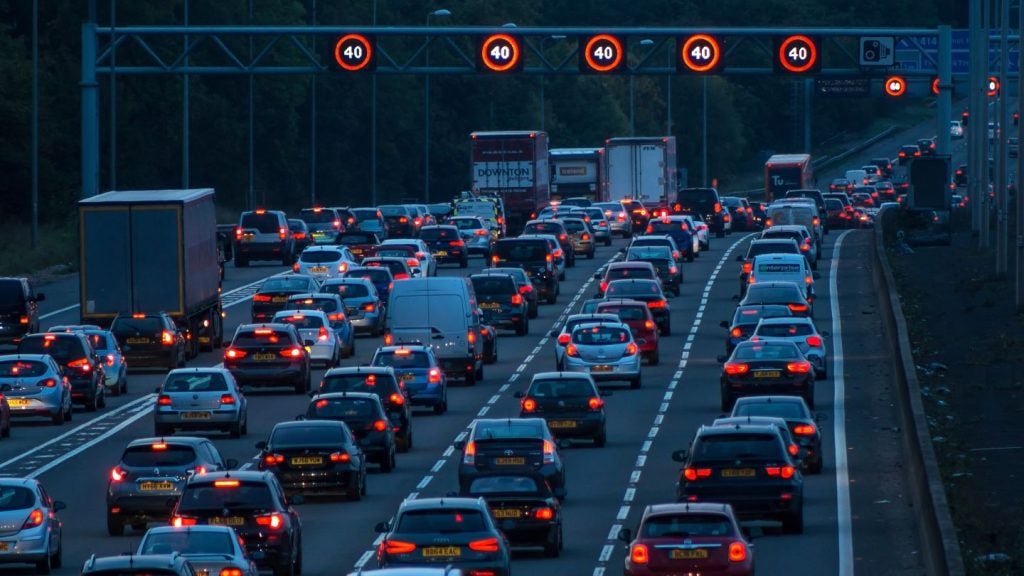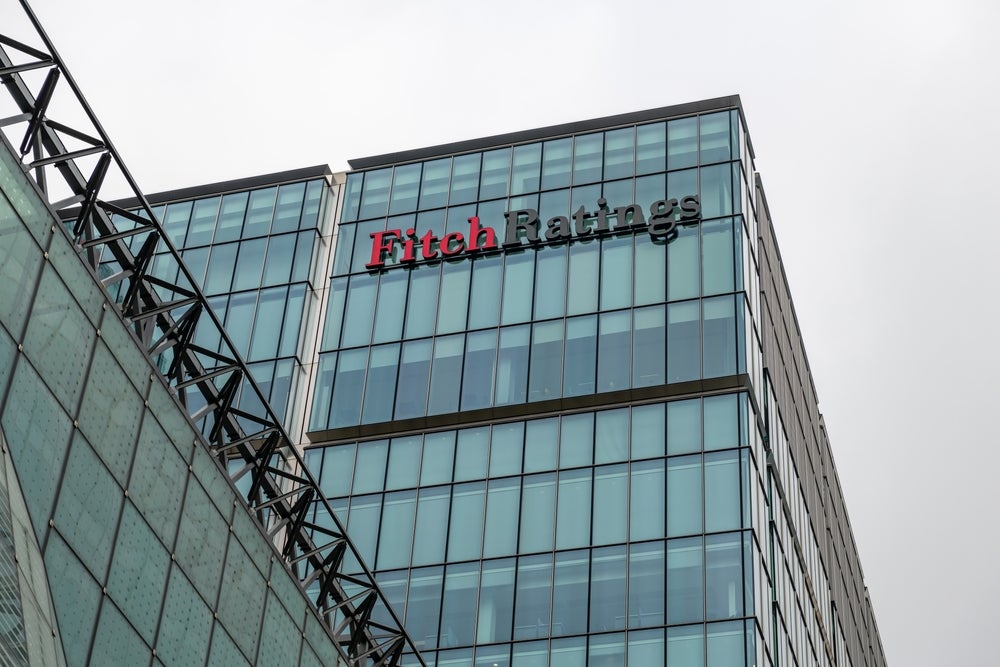
The effects of the pandemic may have eased considerably, but high inflation rates have followed with a notable knock-on effect on car insurance costs.
In the US, the Labor Department reported that inflation went up at an annual rate of 6.4% this January. And car insurance is far from shielded from these rising costs. Auto insurance premiums are up 14% over what they were last year. Inflation is equally high across the Eurozone and in the UK.
Drivers are now wondering Is car insurance getting worse? This year, insurance premiums aren’t expected to come down and in the US insurance rates are 8.4% higher this year.
These dramatic changes have put stress on individuals and families, not to mention the car insurance and automotive industries as a whole. As rates continue to rise, the auto insurance industry and related businesses are under significant pressure.
Effects on car insurance providers
The high costs of repairs, car parts, and other related factors have forced insurance companies to adjust their rates. To maintain profitability, these businesses must generate more revenue than their payouts, resulting in higher monthly premiums to account for inflated prices in the auto industry.
One consequence of rising premiums is that more customers are switching car insurance providers in search of more affordable coverage. Competitors may offer lower rates to entice customers to switch policies, but if an auto insurer cannot match a competitor’s rates, retaining customers becomes difficult.
To counter these challenges, insurance companies are seeking ways to cut costs. Measures may include reducing staff, trimming advertising budgets, and minimising other operational expenses. However, these actions may negatively affect efficiency and customer service, leading to slower claim processing and reduced accuracy.
The pressure to reduce costs is also impacting the repair process. Insurance companies are increasingly urging repair facilities to use generic parts. They sometimes use their own repair shops while paying minimal amounts on claims. While this strategy is not new, rising costs are pushing insurance companies to cut corners more than before.
The Ripple Effect: Potential broader impacts on the auto insurance industry
In addition to the direct consequences faced by car insurance providers, the current crisis can bring about broader effects that will reshape the auto insurance industry.
Increasing demand for usage-based insurance (UBI). As consumers become more price-sensitive, there will grow an interest in usage-based insurance policies that calculate premiums based on actual driving behaviour and mileage. This shift in consumer preferences is prompting insurers to adopt new, innovative UBI products to cater to the evolving market.
Greater emphasis on customer education and engagement. To mitigate the impact of rising premiums, insurers may focus on educating their customers about the factors driving these increases and the steps they can take to reduce their insurance costs. By engaging with their customers and providing them with valuable insights, insurers can build trust, enhance loyalty, and maintain long-term relationships.
Consolidation within the industry. Smaller and less agile insurance providers struggling to cope with the rising costs may be forced to exit the market or merge with larger, more established companies.
Impact on the gig economy and shared mobility. The rise in insurance costs may have a significant effect on the gig economy and shared mobility services, such as ridesharing and car-sharing platforms.
Regulatory changes and scrutiny. As the industry faces mounting challenges, regulators may step in to ensure that insurance providers maintain adequate financial reserves and continue to offer fair and transparent pricing to consumers. This increased scrutiny could result in new regulations and compliance requirements, further altering the landscape of the auto insurance industry.
Navigating the new insurance landscape
As the car insurance industry grapples with rising costs, it is crucial for insurers and related businesses to adapt their strategies in response to these challenges. Embracing technological advancements and incorporating digital solutions can streamline operations and improve customer experience.
Companies could invest in data analytics and predictive modelling to better understand and manage risks. These enable them to offer more competitive pricing while remaining profitable.
Moreover, the use of telematics, artificial intelligence, and machine learning can help insurers develop personalised pricing models. It can expedite claims processing and increase customer satisfaction and loyalty.
Auto insurers must also focus on strengthening partnerships within the industry and collaborating with key stakeholders. Fostering new relationships with repair shops, parts suppliers, and technology providers can help optimize cost management and provide efficient services.
With a culture of innovation and agility, insurance companies can identify new opportunities for growth and maintain their competitive edge in an evolving market landscape.
Challenges
The rising costs of car insurance premiums present significant challenges for insurers and related professionals within the sector. Car insurance companies are faced with the difficult task of cutting costs, which affects their overall effectiveness and ability to conduct business. Insurers are also losing customers and experiencing increased dissatisfaction with their customer service.
By embracing new technologies and leveraging data-driven insights, insurance providers can navigate this turbulent environment. They can also foster stronger industry partnerships to secure their position in the market.







